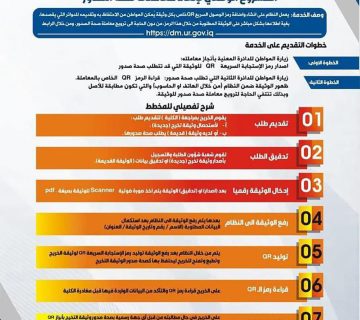The lecturer at the College of Veterinary Medicine, Dr. Amjad Al-Sultan, and the researcher in the Veterinary Department in Najaf Governorate, Dr. Yathrib Khader Al-Obaidi, published scientific research in one of the reputable scientific journals, indexed in Scopus and Clarivate archives, called pure and applied microbiology.
The research addresses the problem of the non-clinical environmental spread of genes and antibiotic-resistant bacteria, where bacteria work to place resistance or virulence genes on mobile genetic units (MGE) to ensure their dissemination to other bacteria within or outside the species. This explains the rapid spread of resistance to antibiotics, and these genes can be outside. The cell is more dangerous than resistant bacteria, and it can be present in the air, water, or other materials, especially in areas called hot spots, such as hospitals, slaughterhouses, animal fertilizers, poultry fields, and sewage outfalls in rivers.
In this research, MGE was used to indicate the presence of resistance genes in animal fertilizers. The research reveals one of the rapid transmission methods for resistance genes and indicates that working to neutralize these genes in these fertilizers will inevitably contribute to limiting the spread of resistance to antibiotics and reducing bacterial infections, especially intestinal ones, in humans and animals.






لا تعليق